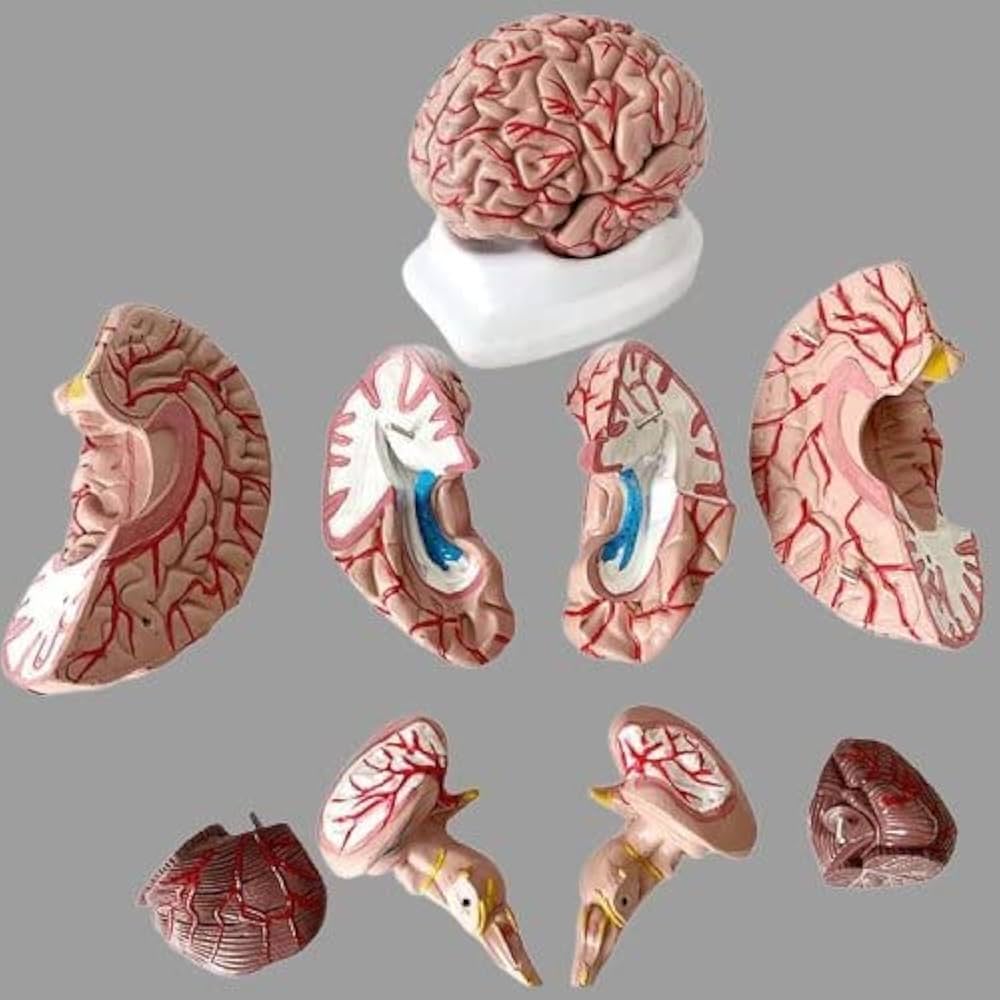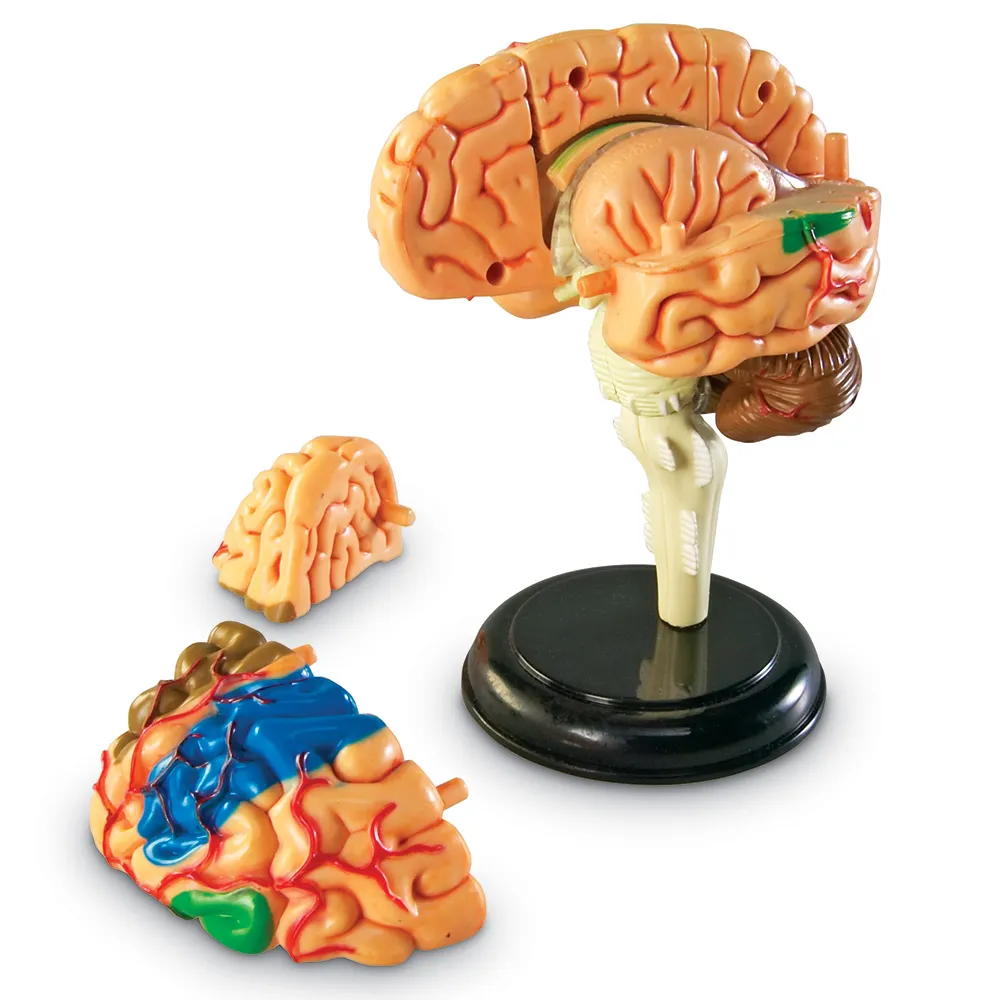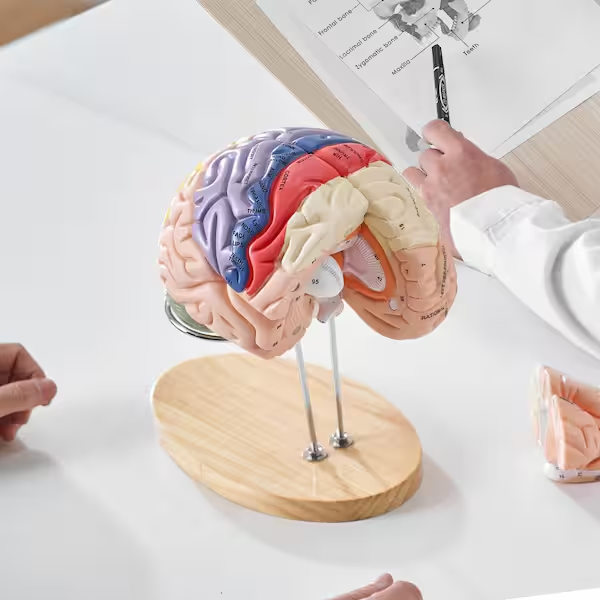Understanding Fatigue and Brain Fog: Insights and Remedies
Fatigue and brain fog are increasingly common complaints in today’s fast-paced world. Many individuals experience these symptoms due to various factors such as stress, poor sleep, and nutritional deficiencies. Consequently, these two issues can significantly impact daily life and overall well-being. Addressing these symptoms often requires a multifaceted approach. This blog explores the connection between fatigue and brain fog, as well as potential remedies and lifestyle adjustments.
The Connection Between Fatigue and Brain Fog
Fatigue encompasses more than just feeling tired. It may lead to a profound lack of energy and diminished motivation. In contrast, brain fog refers to cognitive impairments such as forgetfulness, a lack of focus, and mental clarity. These symptoms can occur simultaneously and exacerbate each other. For instance, persistent fatigue can hinder cognitive function. This, in turn, leads to issues like difficulty concentrating and memory problems, commonly associated with brain fog.
Research indicates various underlying causes for both fatigue and brain fog. Stress, inadequate sleep, and nutritional deficiencies often contribute to these interconnected symptoms. Furthermore, chronic illnesses can exacerbate these conditions. For example, autoimmune disorders and chronic fatigue syndrome frequently present both fatigue and cognitive challenges. This highlights the importance of recognizing these symptoms as interconnected rather than isolated issues.
Addressing these symptoms requires self-awareness and lifestyle modifications. First, identifying the root causes of fatigue and brain fog is essential. For instance, assessing dietary choices and sleeping patterns can provide valuable insights. If deficiencies are identified, corrective measures can be taken. Consulting with a healthcare professional can also help determine the best course of action. A tailored approach to diet, sleep, and stress management is often crucial in alleviating these symptoms.

The Role of Nutrition in Mental Clarity
Nutrition plays a vital role in maintaining optimal energy levels and cognitive function. Essential nutrients, such as vitamins, minerals, and antioxidants, can significantly impact overall well-being. A well-balanced diet can boost energy levels, enhance mood, and improve cognitive clarity. Conversely, poor dietary choices can lead to fatigue and brain fog, highlighting the importance of mindful eating practices.
Certain nutrients have been shown to alleviate fatigue and brain fog. Omega-3 fatty acids, found in fatty fish and flaxseeds, support brain health. These fatty acids help to reduce inflammation and improve cognitive function. Similarly, B vitamins, particularly B12 and folate, are essential for energy production and brain function. Consuming foods rich in these nutrients can foster mental clarity and reduce fatigue.
Hydration is another crucial aspect of nutrition that frequently goes overlooked. Dehydration can contribute to feelings of fatigue and cognitive impairment. Therefore, consuming adequate amounts of water throughout the day is essential. In addition to drinking water, incorporating hydrating foods like fruits and vegetables can support overall hydration levels.
Furthermore, limiting processed foods and added sugars can improve energy levels. These foods often lead to energy crashes and heightened fatigue. Instead, choosing whole foods, such as whole grains, lean proteins, and healthy fats, can provide sustained energy throughout the day. This nutritional foundation can positively influence both physical and mental well-being.
The Importance of Sleep for Energy and Focus
Sleep is a fundamental component of overall health. Quality sleep is essential for physical recovery and cognitive function. Lack of adequate sleep can amplify feelings of fatigue and exacerbate brain fog. Understanding the importance of sleep can help individuals prioritize rest in their busy lives.
During sleep, the body undergoes various restorative processes. These processes support both physical health and brain function. Inadequate sleep may lead to disrupted hormonal balance, which can further contribute to fatigue. Moreover, insufficient rest negatively impacts cognitive performance, leading to increased incidences of brain fog.
Maintaining a consistent sleep schedule promotes better sleep quality. Going to bed and waking up at the same time daily can help regulate the body’s internal clock. Additionally, creating a relaxing bedtime routine can signal the body that it is time to wind down. This may include activities such as reading or practicing mindfulness exercises.
Additionally, the sleep environment plays a crucial role in sleep quality. A dark, quiet, and cool bedroom is ideal for promoting restful sleep. Limiting exposure to screens before bedtime can reduce disruptions to the body’s circadian rhythm. These adjustments can subsequently aid in reducing feelings of fatigue and improving cognitive clarity.

Stress Management Techniques for Clarity
Chronic stress is a prevalent factor contributing to fatigue and brain fog. When the body is under constant stress, it can lead to hormonal imbalances. These imbalances can exacerbate feelings of exhaustion and cognitive decline. Implementing stress management techniques is crucial for enhancing both mental clarity and energy levels.
Engaging in physical activity is an effective way to manage stress. Exercise promotes the release of endorphins, which are known as the body’s natural mood lifters. Regular physical activity can combat fatigue and improve focus. Furthermore, incorporating mindfulness practices, such as meditation or yoga, can significantly reduce stress levels.
Deep breathing exercises are another simple yet effective method for managing stress. Practicing deep breathing can activate the body’s relaxation response. This leads to decreased heart rate and reduced feelings of anxiety. Consistently incorporating these techniques into daily life promotes overall well-being.
Maintaining social connections is also beneficial for stress management. Engaging with friends and family provides emotional support and can help offset feelings of isolation. Sharing experiences and discussing challenges can foster a greater sense of community. This social engagement can alleviate stress and improve cognitive function.

The Impact of Hydration on Cognitive Function
Adequate hydration is often overlooked in discussions about fatigue and brain fog. Water is crucial for various bodily functions, including cognitive processes. Therefore, insufficient hydration can lead to reduced cognitive function, increased fatigue, and heightened feelings of brain fog.
Recognizing the signs of dehydration is essential. Common symptoms include dry mouth, fatigue, and difficulty concentrating. Even mild dehydration can have a negative impact on cognitive abilities. Thus, maintaining optimal hydration levels is crucial for sustaining energy and cognitive clarity.
Incorporating hydration into daily routines can be simple. Setting reminders to drink water or carrying a reusable water bottle can encourage consistent hydration. Additionally, consuming foods with high water content, such as cucumbers and watermelon, contributes to overall hydration levels.
Moreover, replacing sugary beverages with water can improve both hydration and overall health. Sugary drinks can lead to energy crashes and feelings of fatigue. Conversely, drinking water promotes sustained energy and enhances cognitive function. Thus, prioritizing hydration is essential for combating fatigue and brain fog.

Considerations for Medical Evaluation
While lifestyle modifications can greatly aid in managing fatigue and brain fog, seeking medical evaluation is crucial. Persistent symptoms may indicate underlying health conditions. Conditions such as thyroid disorders, anemia, or mental health issues can manifest as fatigue and brain fog. Therefore, seeking professional guidance is essential for comprehensive care.
During a medical evaluation, healthcare providers can perform various tests to identify potential issues. Blood tests, for example, can assess hormone levels and nutritional deficiencies. Understanding underlying causes can help tailor treatment options. Consequently, addressing these foundational issues alleviates symptoms effectively.
Lifestyle changes can be complemented by medical interventions. Doctors may recommend supplements to address deficiencies or medications for specific conditions. Furthermore, counseling or therapy can assist those struggling with mental health issues contributing to fatigue and brain fog. A well-rounded approach to treatment can yield significant improvements.
Regular follow-ups with a healthcare provider ensure ongoing monitoring of symptoms. As conditions evolve, adjustments to treatment plans may be necessary. This proactive approach fosters optimal health and well-being. Ultimately, a collaborative relationship with healthcare professionals can enhance the management of fatigue and brain fog.
Embracing a Holistic Approach to Well-Being
A holistic approach is essential for effectively managing fatigue and brain fog. Understanding the interconnected nature of these symptoms encourages individuals to explore various aspects of health. This approach encompasses nutrition, sleep, stress management, and medical evaluation. By addressing these factors collectively, individuals can promote overall well-being.
Establishing a routine that prioritizes self-care is vital. This may include developing a balanced meal plan, setting aside time for exercise, and scheduling regular rest. These actions cultivate a lifestyle that supports both physical health and cognitive clarity. Transitioning to such a lifestyle may take time, but the benefits are noteworthy.
Community support can also play a substantial role in maintaining motivation. Engaging with others who share similar goals encourages accountability. This can create a nurturing environment where individuals support each other’s journeys. Community events, online forums, or local support groups can foster a sense of belonging.
Moreover, staying informed about the latest research on fatigue and brain fog contributes to effective management. Knowledge empowers individuals to make informed choices and self-advocate for their health. By staying updated on new insights, individuals can continually adapt their approaches to enhance well-being.

Conclusion: A Pathway to Clarity and Vitality
In conclusion, addressing fatigue and brain fog requires a multifaceted approach. Understanding the connection between these symptoms is essential. Moreover, implementing nutritional, lifestyle, and medical interventions can provide significant relief. Taking proactive steps fosters a pathway to enhanced energy and cognitive clarity.
Healthy habits form the foundation of well-being. Prioritizing nutrition, sleep, hydration, and stress management promotes optimal health. Additionally, fostering social connections and seeking medical evaluation supports overall well-being. This holistic approach ensures individuals are equipped to combat fatigue and brain fog.
Encouraging awareness and self-care enables individuals to regain control over their health. With patience and persistence, meaningful improvements can be achieved. Ultimately, embracing a proactive stance toward health leads to a more vibrant and fulfilling life.
